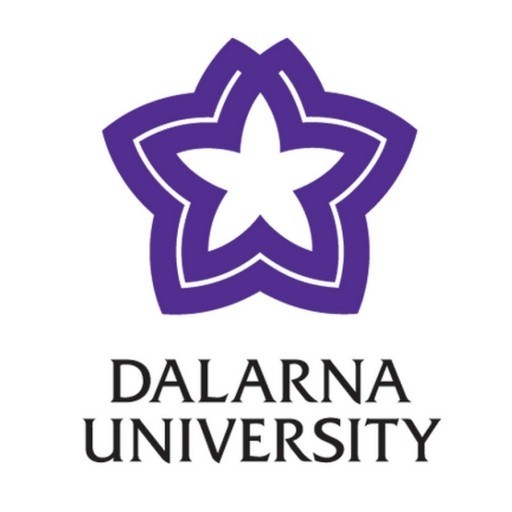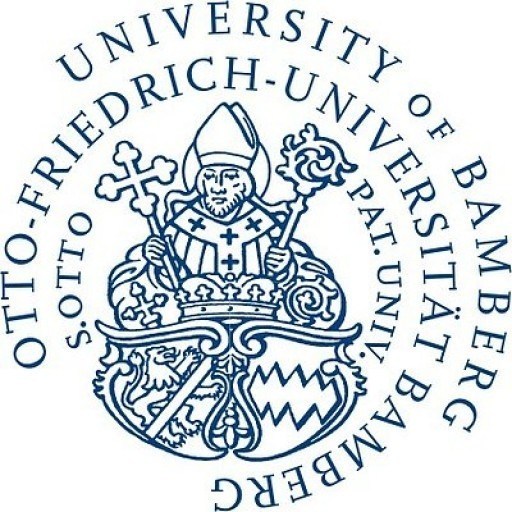Photos of university / #uniessex
Explore the rich fields of language and history through our interdisciplinary Bachelor’s degree programme in English Language and History at the University of Essex. This comprehensive course is designed to provide students with a deep understanding of the development and structure of the English language, alongside a detailed examination of historical events, movements, and cultural shifts that have shaped the modern world.
Throughout the programme, students will engage with a diverse range of modules that cover core areas such as linguistics, philology, cultural history, political history, and sociolinguistics. The curriculum combines practical language skills with analytical historical study, enabling students to critically evaluate sources, interpret historical texts, and understand the evolution of language in social contexts. Our expert faculty bring a wealth of research experience and hands-on teaching, ensuring that students receive high-quality education grounded in current scholarship.
In addition, students will have opportunities to develop valuable transferable skills including academic research, critical thinking, written and oral communication, and data analysis. The programme emphasizes both theoretical knowledge and practical application, preparing graduates for careers in areas such as education, publishing, media, heritage management, and public policy.
The University of Essex is renowned for its vibrant academic community and innovative teaching methods. Students have access to state-of-the-art facilities, extensive library resources, and opportunities for extracurricular engagement. The programme encourages independent research, culminating in a dissertation where students explore a topic of personal interest in depth. Collaborative projects, seminars, and guest lectures enrich the learning experience and offer insights into contemporary debates in linguistics and history.
By studying English Language and History at Essex, students will gain a multidisciplinary perspective and a broad skillset applicable across many careers. They will graduate equipped not only with comprehensive knowledge of their fields but also with the critical and analytical skills necessary to understand and interpret complex social and historical phenomena. Whether pursuing further academic study or entering the workforce, graduates will be well-prepared to contribute meaningfully in diverse professional environments.
Detailed Course Facts
Application deadline January 15 Tuition fee- GBP 9000 Year (EEA)
- GBP 11950 Year (Non-EEA)
- English
Course Content
The special characteristics of our course are flexibility and choice. In your first year, you take three compulsory modules and one optional module. During your second year you take one compulsory half-year module, and the rest of your modules are optional, with restrictions. In your final year all your modules are optional, one must be an English language module, one a linguistics module and two history modules. There is a great deal of choice for these optional modules due to the extensive range of modules offered by our departments.
With a small number of exceptions, if you successfully complete the first year of your BA, then you are qualified to enter the second year of that course and a range of other courses: for example, if you take economics, politics, philosophy and sociology, then you have a choice of at least nine possible single or joint honours courses at the end of your first year. This means you can change your course, providing you have taken the appropriate pre-requisites and places are available.
We operate a credit framework for our awards, which is based on principles widely used across the UK university sector. Each module has a credit rating attached and our standard three-year course consists of 360 credits (120 credits in your first year, and 240 credits across your second and final years).
Please note that module information on our course finder provides a guide to course content and may be subject to review on an annual basis.
Year 1
Foundations of Linguistics;
Foundations of Sociolinguistics;
The Making of the Modern World 1789-1989 or Society, Culture and Politics in Europe 1500-1750; and
one history option or The Enlightenment
Year 2
One English language option;
one linguistics option;
Making History: Concepts, Themes and Sources (half module);
one history half-option; and
one history option
Year 3
One English language option;
one linguistics option; and
two history options
English Language Requirements
IELTS band : 6
To study at this university, you have to speak English. We advice you to
take an IELTS test. More About IELTSRequirements
- A-levels: ABB-BBB
- GCSE English: C
- IB: 32-30 points (we consider IB certificates at the Higher Level on a case-by-case basis)
- Achievement of the Access to HE Diploma with a minimum of 6 level three credits at distinction and the remainder at merit (or above) or achievement of the Access to HE Diploma with a minimum of 45 level three credits at merit (or above).
English language requirements for applicants whose first language is not English: IELTS 6.0 overall with minimum 5.5 in each component (or equivalent). Different requirements apply for second year entry.
Work Experience
No work experience is required.
Related Scholarships*
- Academic Excellence Scholarship
"The Academic Excellence Scholarship can provide up to a 50 % reduction in tuition per semester. These scholarships will be renewed if the student maintains superior academic performance during each semester of their 3-year Bachelor programme. The scholarship will be directly applied to the student’s tuition fees."
- Access Bursary
Bursary for UK students all subjects where the variable tuition fee rate is payable.
- Alumni Bursary
Alumni Bursary for UK Undergraduate students
* The scholarships shown on this page are suggestions first and foremost. They could be offered by other organisations than University of Essex.
Funding
For up-to-date information on funding opportunities at Essex, please visit: www.essex.ac.uk/studentfinance.
The University of Essex offers a compelling combined honours programme in English Language and History, designed for students with a keen interest in understanding the development of language and its interplay with historical contexts. This interdisciplinary degree provides a comprehensive exploration of the evolution of the English language, its structural aspects, and its cultural significance alongside an in-depth study of key historical periods and themes. Students engaging in this programme benefit from a curriculum that balances theoretical frameworks with practical analysis, equipping them with critical skills in research, argumentation, and communication.
The course structure typically spans over three years for full-time students, including modules that cover topics such as Anglo-Saxon history, Medieval England, the Renaissance, the Enlightenment, and modern developments in language change and linguistics. The history component focuses on the political, social, economic, and cultural transformations that have shaped the English-speaking world, while the language element examines phonetics, syntax, semantics, and language variation and change. Opportunities are often provided for students to undertake independent research, participate in seminars and workshops, and engage with digital tools and databases relevant to both disciplines.
In addition to core modules, students may choose optional modules to tailor their degree to their interests, possibly including topics such as language and identity, historical linguistics, British history, or media and communication. The programme emphasizes critical thinking and analytical skills, preparing graduates for careers in education, publishing, journalism, linguistics, public administration, or further academic research.
The university's supportive learning environment includes access to modern libraries, digital resources, and expert staff specializing in both English language studies and history. Students also benefit from various extracurricular activities, including student societies, guest lectures, and networking events that enhance their educational experience and employability prospects.
Overall, the English Language and History degree at Essex is ideal for students who enjoy exploring language within its historical context and wish to develop a broad set of transferable skills. The programme’s flexible structure, combined with its focus on both theoretical understanding and practical application, ensures graduates are well-prepared to pursue diverse career paths or advanced studies.
Note: All descriptions are based on available information and typical course details at the University of Essex as of October 2023.









